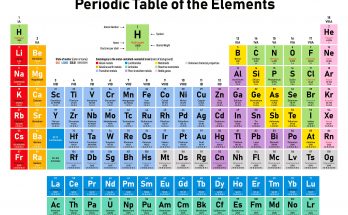Table of Contents
Question- Why did nationalist tensions emerge in the Balkans?
Answer-
The Balkans, a region marked by its diverse ethnic groups and historical ties, became a hotbed of nationalist tensions due to various intertwined factors. This complexity set the stage for significant conflicts, including the First World War, making the Balkans a pivotal area in European history.
Nationalist tensions emerged in the Balkans due to several factors are as follows-
- Ethnic and Geographical Diversity- The Balkans, comprising modern-day countries like Romania, Bulgaria, Albania, Greece, and several others, was a mosaic of ethnic groups primarily known as the Slavs. This diversity laid the groundwork for complex nationalist aspirations.
- Ottoman Control- A significant portion of the Balkans was under Ottoman rule. The decline of the Ottoman Empire, coupled with its unsuccessful attempts at modernization and reform, heightened the desire for independence among its subject nationalities.
- Romantic Nationalism- The spread of romantic nationalism inspired the Balkan peoples to assert their national identities. They used historical narratives to justify their claims for independence, emphasising their past as independent entities before subjugation by foreign powers.
- Internal Struggles for Independence- The nationalist movements in the Balkans were characterised by efforts to reclaim lost sovereignty. The diverse ethnic groups sought to establish their distinct national identities and achieve statehood, leading to internal conflicts.
- Inter-State Rivalries- The Balkan states were not only striving for independence but also competed against each other for territorial gains. This internal competition further intensified the tensions in the region.
- Great Power Involvement- The geopolitical significance of the Balkans attracted the interest of major European powers like Russia, Germany, England, and Austro-Hungary. Each aimed to expand its influence in the region, countering the dominance of others. This external meddling exacerbated the nationalist conflicts.
- Precursor to Larger Conflicts- The intricate web of nationalist aspirations, inter-state rivalries, and international interventions in the Balkans set the stage for a series of wars, ultimately contributing to the outbreak of the First World War.
The nationalist tensions in the Balkans were thus a result of the region’s complex ethnic composition, historical grievances against Ottoman rule, the influence of romantic nationalism, and the strategic interests of European powers, all of which combined to make the Balkans a “powder keg” of Europe
Also Check – The Role of Women in Nationalist Struggles – Short note
Also Check – The Frankfurt Parliament
Also Check – The Balkans – Nationalism, Imperialism, and World War I
Also Check – The Rise of Nationalism in Europe- 39 Mcqs
Also Check – The Rise of Nationalism in Europe – Class 10 – Notes
Also Check – Giuseppe Mazzini – Italian Revolutionary thinker
Also Check – Giuseppe Garibaldi- Italian freedom fighter
Also Check – Count Camillo de Cavour
Also Check – Otto von Bismarck- Architect of German Unification
Also Check – Briefly trace the process of German unification
Also Check – Napoleon and the Napoleonic Code- Impact on European Societies and Legal Systems

